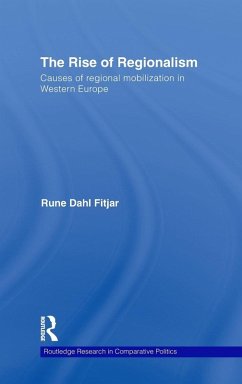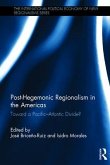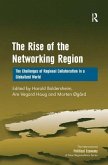During the past 40 years, regions have become increasingly important in Western Europe both as units of government and as sources for political mobilization. This book examines why regional identities are stronger in some regions than in others, and why regional elites attempt to mobilize the public on a regionalist agenda at certain points in time. The author develops a model that explains change across space as well as time and provides a comprehensive discussion of the causes of regionalism. It focuses on endogenous developments in the regions and on change across time in the economic and political landscapes of the regions. Using a quantitative study of 212 Western European regions, which examine whether regionalism is related to cultural, economic and political characteristics of the regions, the book builds a model of the causes of regionalism. The issues are further explored through case studies on Scotland (UK) and Rogaland (Norway). This book will be of interest to students and scholars of political and social sciences, especially those with an interest in regions, regionalism and regional nationalism, Scottish politics, Norwegian politics, territorial identities and territorial politics.
Bitte wählen Sie Ihr Anliegen aus.
Rechnungen
Retourenschein anfordern
Bestellstatus
Storno








